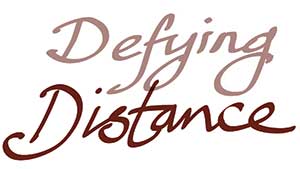 The first ‘rule’ of effective partnering, whatever your role in the partnership, is: be (as) prepared (as possible). This means being ready in terms of being informed and engaged as well as being clear about what you as both an individual and as a representative of your organisation bring to the table. Elsewhere in this Tool Box you can access our Partnering Self-Assessment Questionnaire (See Getting Better) and, if you happen to be in a position of partnership manager, coordinator or broker, you can encourage the partners you work with to complete the questionnaire too.
The first ‘rule’ of effective partnering, whatever your role in the partnership, is: be (as) prepared (as possible). This means being ready in terms of being informed and engaged as well as being clear about what you as both an individual and as a representative of your organisation bring to the table. Elsewhere in this Tool Box you can access our Partnering Self-Assessment Questionnaire (See Getting Better) and, if you happen to be in a position of partnership manager, coordinator or broker, you can encourage the partners you work with to complete the questionnaire too.
Here we are primarily concerned with on-going efforts needed to move from a transactional to a more genuinely collaborative approach with the assumption that closer and more effective working will add more value.
Hence the focus in this Tool Box on tools, prompts and guidelines designed to help to build capacity of all those involved to partner more imaginatively, efficiently and effectively.
Download:
Developing Mindful and Reflective Practices (pdf)
Developing Mindful and Reflective Practices (word)
Download:
Practitioners as Learners & Teachers (pdf)
Download:
Guidelines for Giving & Receiving Feedback (pdf)
Guidelines for Giving & Receiving Feedback (word)
Of course, it is important not just that individual practitioners are well prepared and committed to enhancing their partnering skills, but that capacity-development is also at an organizational level in order to ensure ever more fit-for-partnering-purpose systems. It is hoped that several of the tools and guidelines in this Tool Box can be adapted by those engaged as partners for use within their own organizations.
Only a few partnership agreements go beyond simply delivering projects. The recommendation from the research was that partnerships should aim to build capacity and share knowledge on both sides, and that this should become a larger part of institutional and organisational culture.Asnake, H. A Journey Towards the Localisation of Aid

